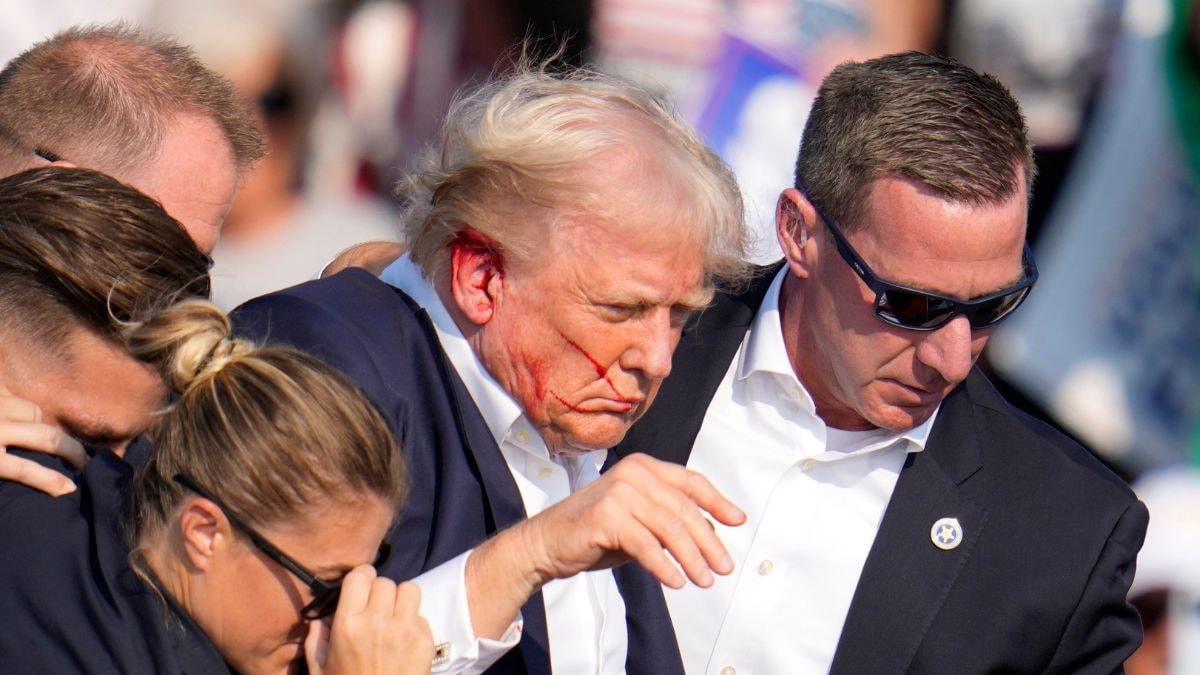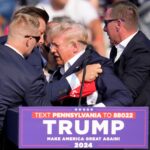
📷 Image Credits: News18
Former president Donald Trump’s security detail was recently compromised when a gunman fired shots at him during a rally in Pennsylvania. The incident has sparked concerns about the security protocols in place for former US presidents. The United States Secret Service, responsible for protecting former presidents and their spouses, deploys a range of security measures based on intelligence assessments and coordination capabilities.
Protection for former presidents is provided for their lifetime, unless declined. The level of security varies depending on the perceived threats and the time since leaving office. Former presidents are accompanied by a team of agents, with continuous coverage through shifts and days off. Security protocols include thorough checks of venues, background checks on staff, and the deployment of bomb-sniffing dogs.
Donald Trump’s security is considered unique because he is not only a former president but also a current presidential candidate. This dual status adds complexity to his security detail as he travels extensively between various locations, requiring continuous protection from the Secret Service. The agency has recently added protective resources and capabilities to Trump’s security, indicating the importance of maintaining his security.
The recent attack on Trump has raised questions about the security lapses and the role of federal agencies in ensuring the safety of presidential candidates. President Biden has called for an independent review of security measures and directed the Secret Service to evaluate all security measures for the upcoming Republican National Convention. The incident has prompted a closer look at the decisions and possible failures of the agency tasked with protecting current and former leaders.
As investigations into the attack continue, there is a renewed focus on the effectiveness of security protocols and the need for enhanced protection for presidential candidates. The Secret Service faces scrutiny over its handling of the situation and the challenges of securing high-profile events. With the presidential election approaching, the security of political figures remains a top priority for federal agencies. The incident has highlighted the importance of maintaining robust security measures for all political events to prevent similar incidents in the future.






